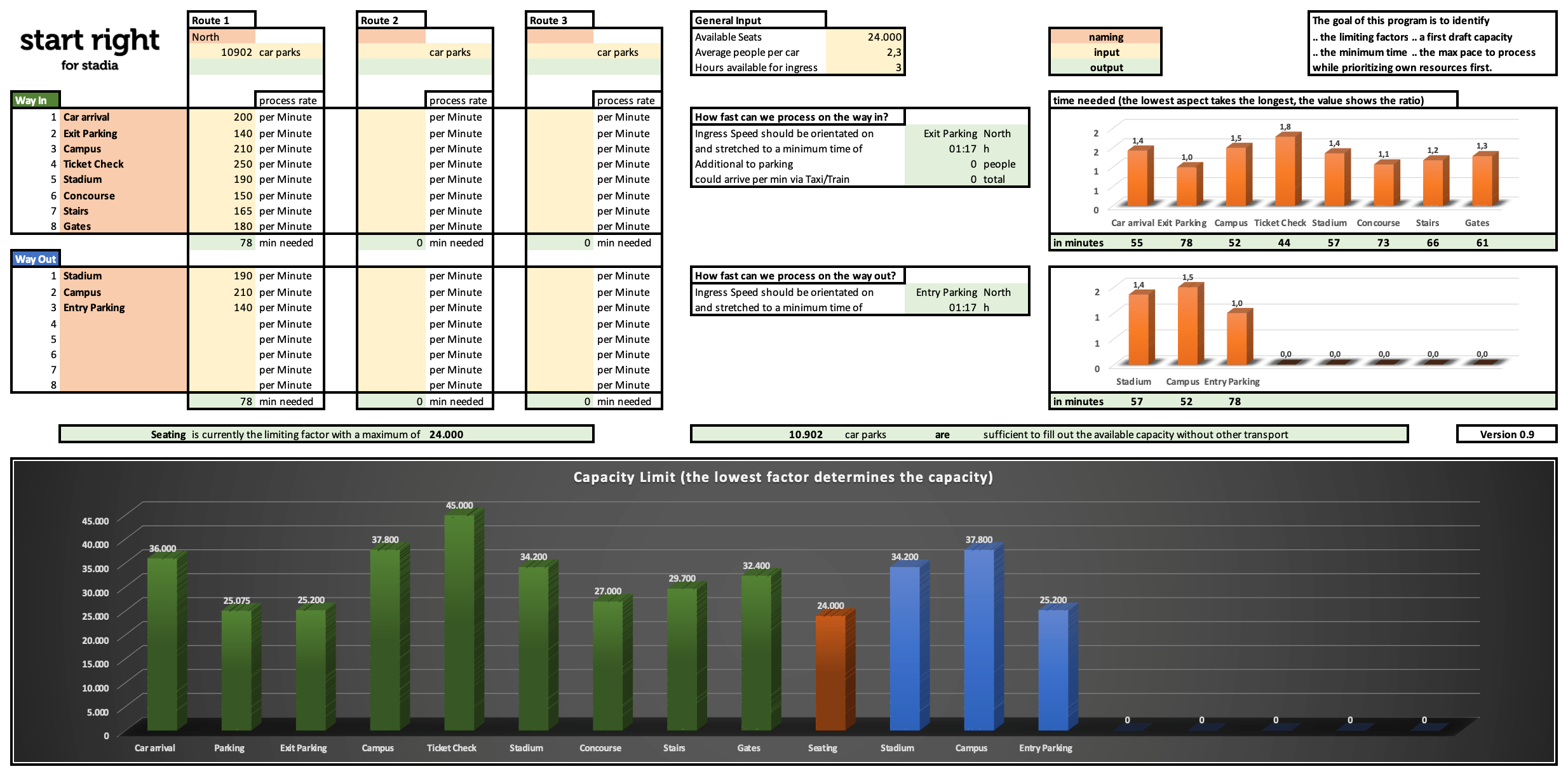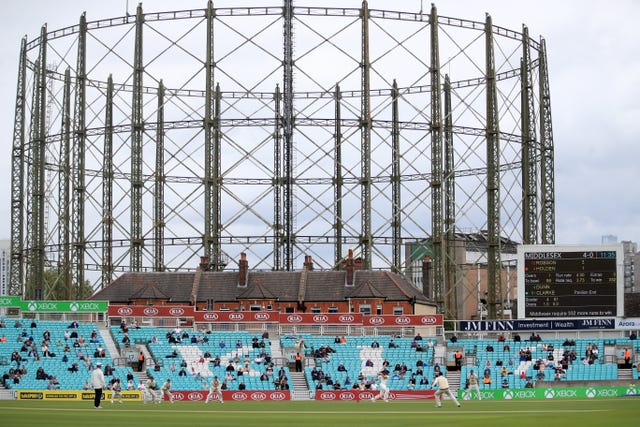Clubs and sports event organisers will need to undergo a “painful but necessary” rethink before allowing fans back into stadia, according to an expert in crowd science.
There is no set date for when supporters in reduced numbers will be allowed to return after a spike in coronavirus cases meant several trials planned were abandoned at the last minute in late July.
An update is due from Prime Minister Boris Johnson in the next few days but even if rules are relaxed to allow test events, a return to larger crowds is still a long way off.
Still a long way to go before fans are allowed back in to watch live sport but when they are venues will have to take a new approach – & they may be helped by science honed in Manchester @ManMetUni. My interview with the brains behind it @AltenburgMarcel https://t.co/TDS5ysa4XO pic.twitter.com/T47jaV8Rsy — Carl Markham (@carlmarkham) August 13, 2020
Manchester Metropolitan University is a world leader in crowd science and senior lecturer Marcel Altenburg, with the help of mentor Professor Keith Still, has devised an algorithm which is being used by, among others, the German Football Association (DFB) to help clubs plan for the safe return of supporters in a Covid-19 environment.
“We need to get to know our fans again, our stadium again, and everything under the new guidelines,” Altenburg told the PA news agency.
“In the stadium everything is thrown off balance: traffic, tickets, seats. Maybe we can say that fans have gained one or two metres in all directions so they don’t fit any more.
“Under normal situations you wouldn’t need such a tool because the stadium operator knows their stadium inside-out and knows the weaknesses.
“But this now has completely changed. It is almost dangerously-different so it could mislead you so what you thought is true might have changed.

“The thing which maybe bites us in the back is the thing we didn’t know before and that is the problem with Covid.
“We think we know our stadia and we think we know our fans but we need to start afresh. Painful but necessary. We don’t have time to learn from experience, we have to nail it.”
The algorithm was designed primarily to help manage marathons, although Altenburg’s expertise has also been used by Premier League champions Liverpool, Manchester United and Manchester City, and has been perfected to a point where it can predict to a degree of 99.9 per cent the numbers crossing the finish line at a specific time after 26.2 miles.
However, following the global pandemic, Altenburg has tweaked it and the DFB is one of the first to push ahead with it in their plans to recall fans.
“The German Football Association was always forward-thinking, creative and dealing with new problems. They are leading, I must say that,” added Altenburg, himself a German.
“The German Football Association for me is the number one for asking painful questions before everyone has to ask those questions.
“But it seems the UK is somewhere the whole world turns to and that includes Australia, US and Germany – even if sometimes they don’t want to admit it.
“Wherever they have a hole in their guidance they look to what the SGSA (Sports Grounds Safety Authority) is doing.”
Apart from the now obligatory one-way systems, Altenburg said fans should prepare themselves for a new pre-match experience.

“Complex queuing systems don’t work any more because we are not allowed to queue,” he said.
“Queuing systems were the solution in the old days, but that is the ‘before’ times and you now need to sort it in a different way.
“It is not as if you had 75 per cent space lying around as you were always at capacity.”
Solutions could include staggered arrival times, controlling entry to car parks and the stadium surrounds.






